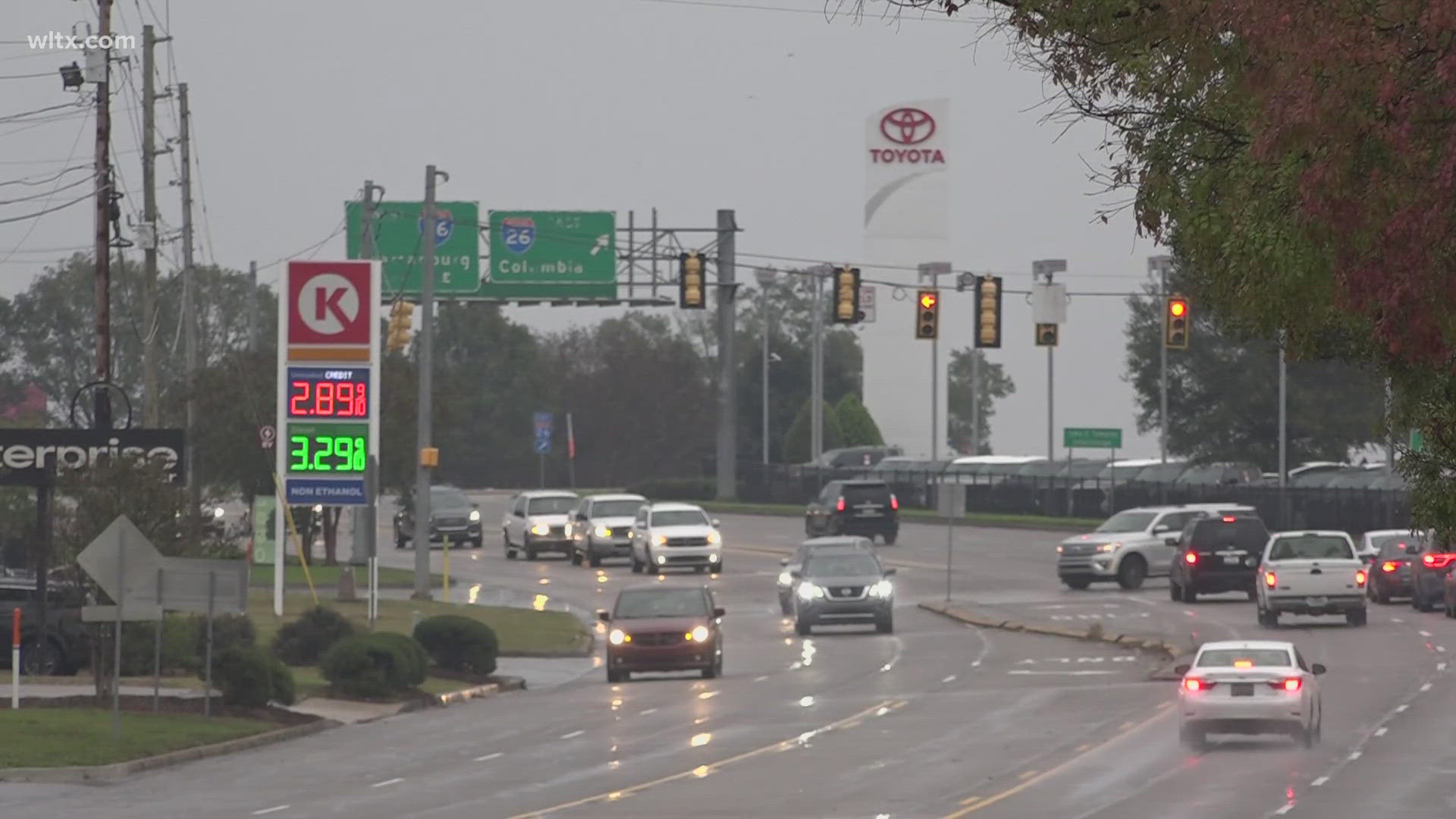Greenville, SC (GreenvilleOnline.com) -- When a leading-edge technology company locates in Greenville and begins making a revolutionary new bus, the region could find itself at the fore of transportation's future.
p itxtvisited="1">Proterra LLC's official announcement Thursday that it plans to build an assembly plant in Greenville is a reason for employment optimism in the region. Officials have said the plant, likely to be built at Clemson University's International Center for Automotive Research, eventually could have as many as 1,300 workers.p itxtvisited="1">"It offers another glimmer of hope" that the economic downturn is lifting, said Donald Schunk, research economist with Coastal Carolina University.p itxtvisited="1">Economic experts said the assembly of electric buses here also is important because it will generate more development in alternative energy and advanced manufacturing - innovation that is crucial for U.S. manufacturers.p itxtvisited="1">"It's something positive. It builds on our strengths - ICAR, the automotive cluster and a history of being good at manufacturing," Schunk said.p itxtvisited="1">"It shows that we are still able to attract industries, that we still can create jobs."p itxtvisited="1">Proterra previously has said the company was considering Greenville for a $68 million plant and research facility. That alone would be a welcome development in a state with an unemployment rate of 12.6 percent, and in Greenville County, which has a jobless rate of 10.5 percent.p itxtvisited="1">But economists said the addition of critical, transportation-related technologies reflects the belief that the region's reputation for investing in innovation will last.p itxtvisited="1">Bruce Yandle, dean emeritus of Clemson University's College of Business and Behavioral Science, said the announcement demonstrates "the viability of the linkages to the automotive cluster, to Clemson University's International Center for Automotive Research. CU-ICAR is in the center of it and is a viable mechanism for economic development."p itxtvisited="1">Although South Carolina has long had the advantage of high-quality nuclear power generation, this new development begins to build the state's expertise in other types of energy, Yandle said. It could lead to a growth in battery technology development, alternative energy development and a linkage with the Savannah River Site, which is working with hydrogen.p itxtvisited="1">Jobs at the new plant would pay an average wage of $60,000 a year, according to an application for about $100 million in federal money from the Greenville Transit Authority.p itxtvisited="1">The plant would be "very supportive of the automotive cluster" that has grown up in South Carolina and particularly the Upstate, said David Bodde, a Clemson University professor with expertise in energy issues.p itxtvisited="1">"It gives us the kind of technical jobs we need," he said, adding workers will be needed to build the buses and eventually to service them. "I think it's a boost, a whole set of opportunities for good quality jobs."p itxtvisited="1">"I think electric power is where a lot of the future of vehicles is going," Bodde said.p itxtvisited="1">And it makes sense that the first type of vehicle to take major steps in that direction is a business used for mass transit, Bodde said. Proterra has said its battery range is about 30 miles and the recharge time is six to 10 minutes.p itxtvisited="1">"It's the ideal cycle for that kind of vehicle," Bodde said. "It's all starts and stops and not long distances."p itxtvisited="1">"The all-electric vehicles are not there yet" for passenger cars, which are expected to operate both for short trips to the grocery store and longer trips across country, he said.p itxtvisited="1">Still, moving in the direction of electric vehicles "is hugely important" to the United States, Bodde said.p itxtvisited="1">Transportation in this country - primarily over-the-road vehicles - consumes about 13 million barrels of oil a day, Bodde said. At $70 a barrel - several dollars less than the current price - U.S. consumers are spending about $910 million a day on transportation fuels.p itxtvisited="1">"That's a bundle every day that goes from consumers to producers," Bodde said. Some of the money flows to U.S. producers and those in Canada and the United Kingdom. But much of it goes to countries that could be considered unfriendly to the United States, he said.p itxtvisited="1">Connecticut experimented with small, all-electric buses in New Haven but no longer uses them, said David Lee, general manager of CT Transit, the bus system serving much of that state and owned by its Department of Transportation./>

